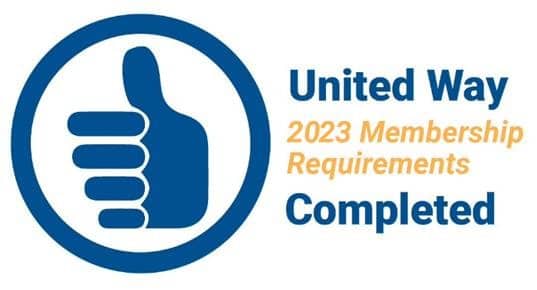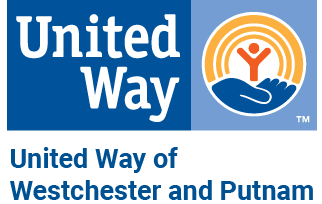DAY 15: Trauma to Healing
On March 5, 2019, the California Attorney General announced that the police officers who shot and killed Stephon Clark (age 22) in March 2018— will not face charges.The two officers fired on Clark, a black man, after a foot chase that ended in his grandmother’s backyard. The officers shot Clark seven times, including three times in the back, the official autopsy found.
Whether you agree or disagree with the decision of the California Attorney General,
news like this is traumatizing and re-traumatizing to people of color. It is like a wound that never heals.
Research has linked racism to psychological distress, physical health problems,
depression, anxiety, and trauma. The internalization of bias and oppression can causegreat distress to minds, bodies, and spirits.
As Dr. Monnica Williams of the University of Connecticut has written: “What we really need is a large-scale shift in our social consciousness to understand the toll this takes on the psyche of victims so that even small acts of racism become unacceptable. We need those who witness racism to speak out and victims to be believed.”
Racism is traumatic. It is painful, violent, harmful, and deeply felt by those on the
receiving end. The lasting effects and trauma of experiencing racism can show up in emotions, behaviors, and in many other ways. Dr. Kenneth V. Hardy suggests that rather than asking, “What is wrong”, a trauma-informed approach would be to question, “What happened to you?” Numerous studies show that racism and discrimination are forms of trauma, and the lasting psychological effects can be similar to those of veterans who have experienced combat. Post-traumatic stress disorder, or PTSD, is becoming more commonly diagnosed in marginalized communities as racism and discrimination continue to create psychological, emotional, and physical harm. It is important to understand this trauma to be able to move forward.
Check out the info below, including a helpful list of ways to contribute to “healing the hidden wounds” of racial trauma, anda local resource for self-care and equitable access to yoga.
These articles were curated by a local committee to be used as a list of resources pertinent to DEI topics. The 21-Day Racial Equity Challenge Committee would like to thank and give attribution to those who created the content above, which reflects their individual perspectives. We do not support nor endorse any advertisements associated with the above content.
REFLECT...
Use these following prompts to reflect on the information you consumed today:
What situations in your life that have left you traumatized?
What actions do you do for self-care
TAKE ACTION...
Your action item of the day is to…
Participate in the rally to raise awareness about the sharp increase in attacks against people of Asian descent at noon, Saturday, March 20, at Louis Pascone Memorial Park, Ardsley
PROGRESS
YOU HAVE COMPLETED 15 OUT OF 21 DAYS OF THE CHALLENGE!
This 21 Day Racial Equity Challenge is Presented By....
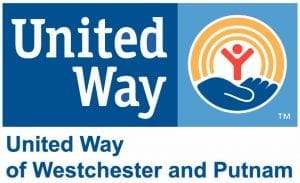
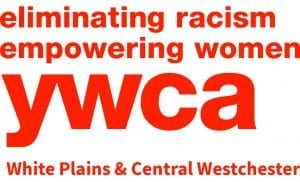
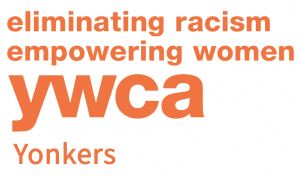
Thank You to Our Community Partners...


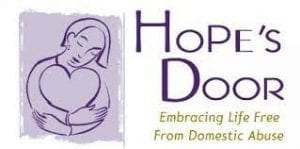



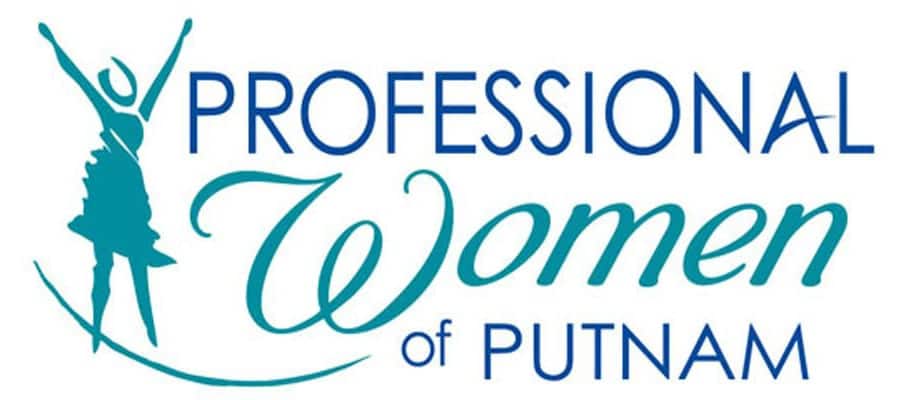
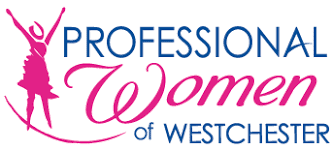
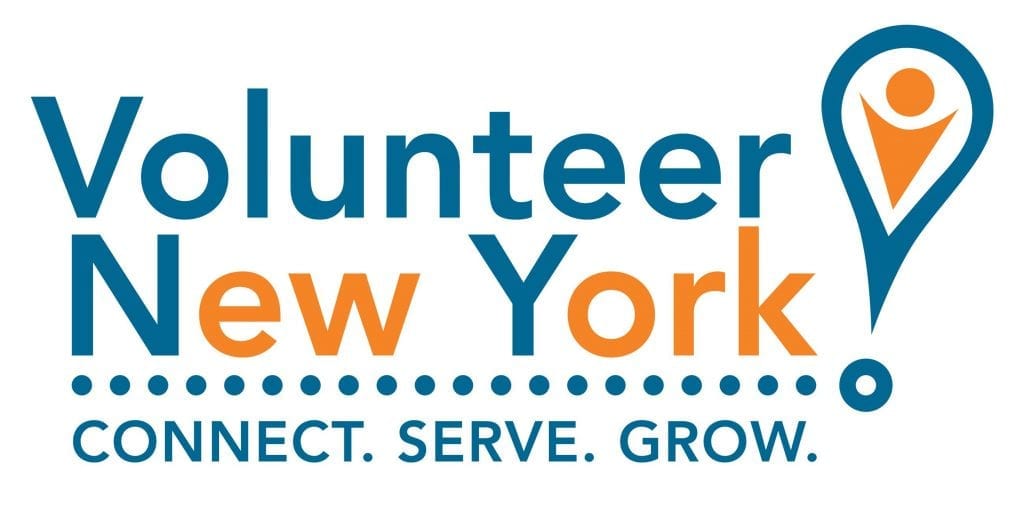
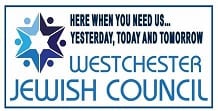
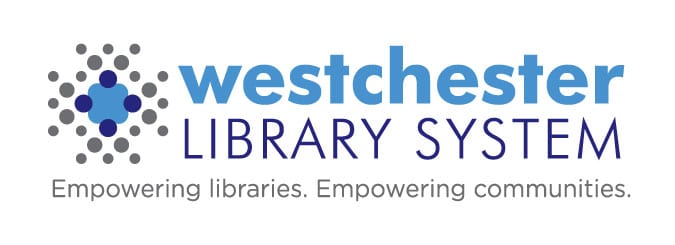
336 Central Park Avenue
White Plains, NY 10606
914.997.6700
Privacy Policy
Board Portal
Career Opportunities
